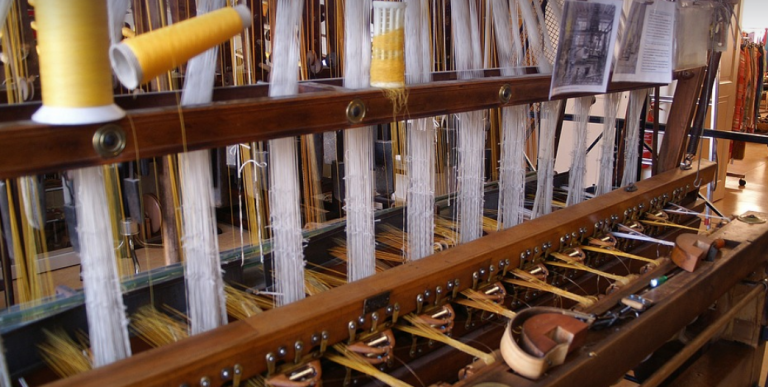
A Look at Larian’s Enduring Masterpiece in a Shifting Gaming Landscape
Divinity: Original Sin II, released back in 2017, has been a beacon of excellence in the RPG world. Larian Studios, the developer behind this gem, managed to craft a game that not only stood tall amongst its contemporaries but also continues to inspire and captivate players years later.
Beyond sheer polish, DOSII’s strength lies in its depth. The intricate mechanics, from turn-based combat to the complex skill trees, offer a level of tactical freedom rarely found in modern RPGs. It’s not just about button mashing; it demands careful planning, strategic positioning, and an understanding of how each character plays.
But as with all things artistic, innovation is key. Larian has always been at the forefront of RPG experimentation, introducing new concepts like “the system” and “party synergy” that redefine the player’s experience in meaningful ways. The freedom to customize your party, experiment with different playstyles, and forge a narrative path of your own making sets DOSII apart from the rest.
But as with any masterpiece, there are inevitable challenges. The game has been lauded for its accessibility and engaging world-building, but it also faces scrutiny in the ever-evolving gaming landscape.
The current climate is one of rapid shifts: open-world, single-player experiences are experiencing a resurgence, while co-op gaming thrives on new platforms. This isn’t to say that DOSII needs to adapt to these trends; its core values have always been rooted in depth and challenge. However, the studio’s success hinges on embracing contemporary desires and integrating them into the game without sacrificing its signature charm.
In doing so, Larian could offer new features while staying true to the spirit of DOSII. Imagine a streamlined version with faster turn-based combat for more casual players or even an expanded map for those who crave greater exploration. This approach allows DOSII to bridge the gap between its established core and the desires of modern gamers.
The real question is: will Larian embrace these changes while preserving the game’s soul? If they do, we might be witnessing a resurgence in popularity that surpasses even the original Divinity: Original Sin. The future of the game remains bright, but only if Larian embraces change and re-imagines the beloved experience for a new generation.
Let me know if you’d like to explore any specific points in more detail or would like help with other aspects of creating your blog!


